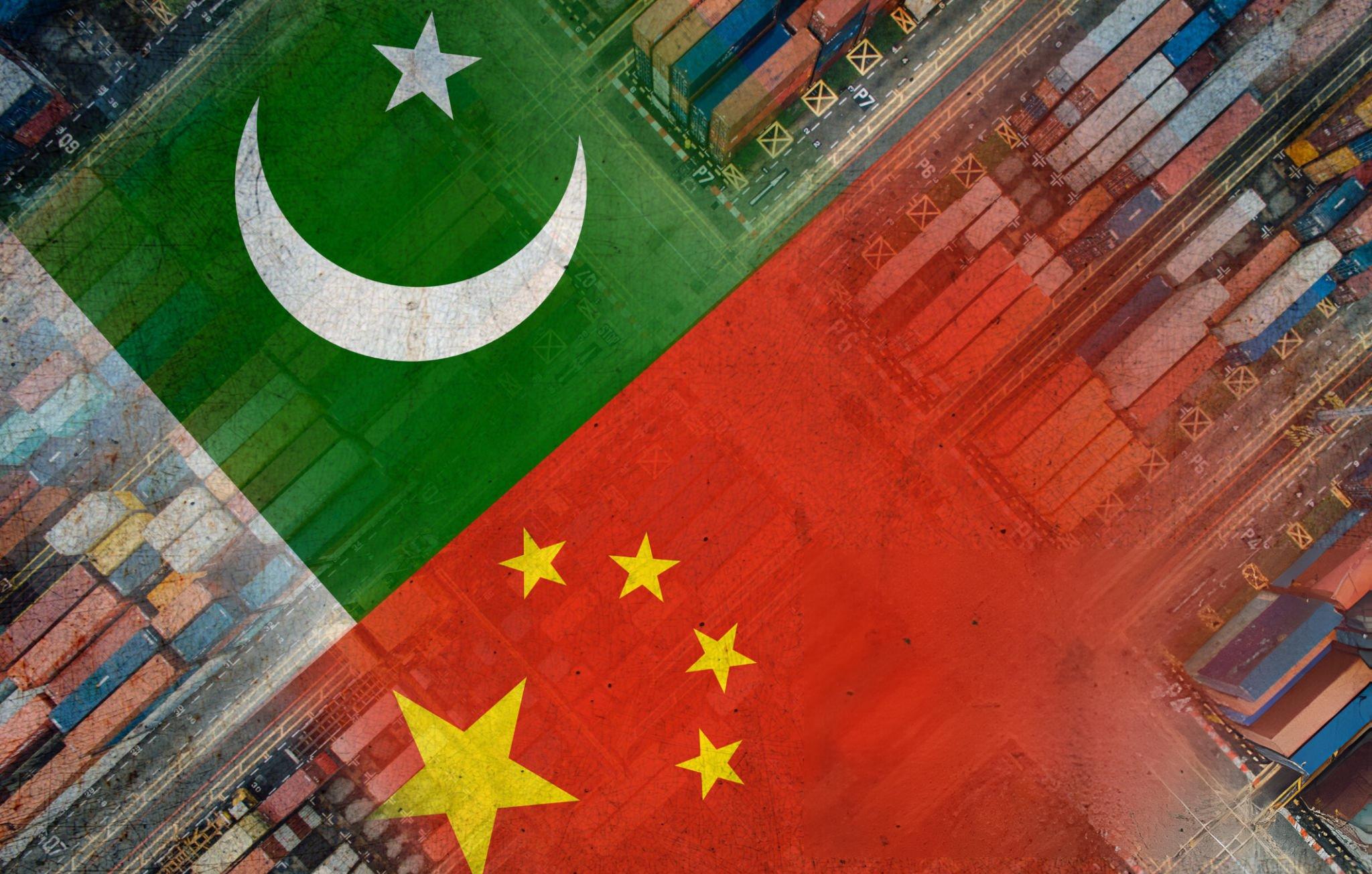Islamabad, May 25, 2024 – Pakistan and China, strategic cooperation partners also known as “iron brother” relationship have changed dramatically in the recent past. While rooted in geo-political considerations, it has over the years evolved into a pragmatic partnership grounded in economic growth.
This transition can be seen in the increasing centrality of the China-Pakistan Economic Corridor (CPEC), a key component of China’s Belt and Road Initiative (BRI). CPEC is an initiative that began in 2013 and forms a series of infrastructure projects and development that targets to link China’s Xinjiang province and Pakistan’s Gwadar port.
The Pakistani official data suggest that by December 2022, the CPEC had delivered significant outcomes. It attracted $25. $4 billion in direct investment and provided employment to over 236000 people in Pakistan. This economic aspect enhances the bilateral relation because it creates mutual benefit.
Both countries’ leaders recognize this change. Furthermore, in May 2024, Pakistani Finance Minister Ishaq Dar said that CPEC was the cornerstone of Pakistan’s foreign policy, which demonstrated the prominence of the project in Pakistani strategy. Similarly, Chinese Foreign Minister Wang Yi further focused on the concept of ‘pragmatic cooperation’ in creating ‘Corridor for Growth’.
This pragmatic approach is not limited to CPEC alone. Cooperation has also increased in such sectors as renewable energy, information technology and biotechnology. This hints at the reality of a need for a diverse and sustainable partnership.
Despite the political relationship that forms the basis of the relation, the focus on an economic aspect represents an evolving trend in Pak-China relations. This emphasis on the realisable benefits may contribute to the enhancement of this strategic partnership in the future years.







